Supplements can help you manage diabetes naturally—when used wisely. From cinnamon to probiotics, certain nutrients can support insulin sensitivity, reduce inflammation, and stabilize blood sugar levels. This guide explores 10 top-rated supplements that complement a healthy lifestyle and diabetes management plan.
Key Takeaways
- Always consult your doctor before starting supplements to ensure safe and effective use alongside medications.
- Cinnamon, magnesium, and chromium improve insulin function and help control glucose levels.
- Alpha-lipoic acid (ALA) and omega-3s reduce inflammation and support nerve and heart health.
- Berberine and bitter melon mimic insulin’s effects and lower blood sugar naturally.
- Probiotics and vitamin D support gut health and immune balance, key for glucose control.
Table of Contents
1. Cinnamon – The Sweet Secret
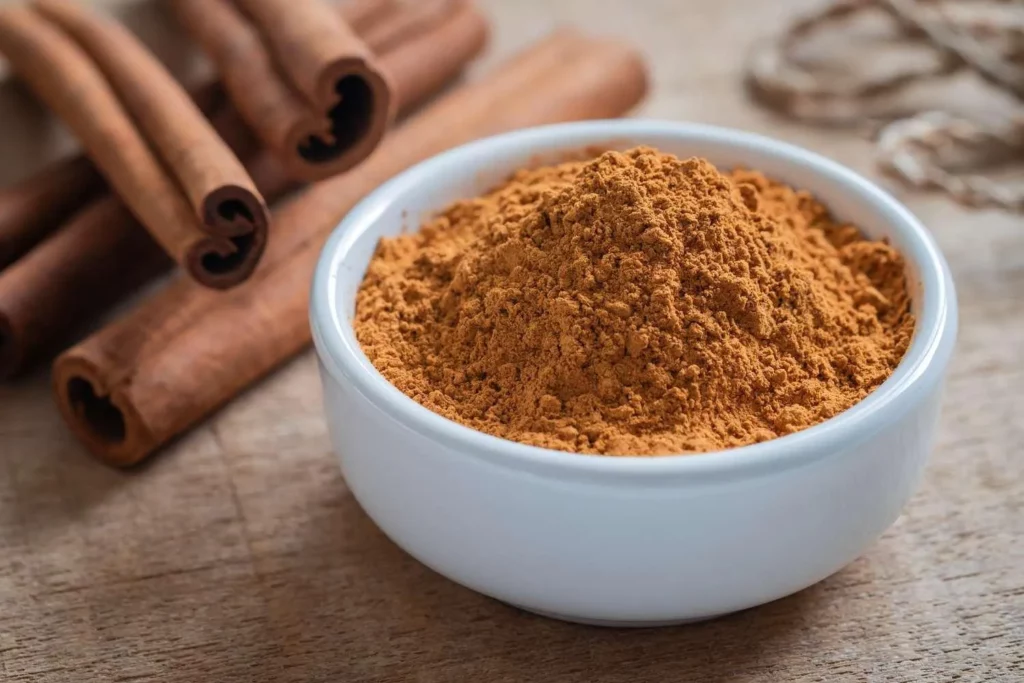
Cinnamon isn’t just a spice; it’s a powerhouse for controlling blood sugar levels. Research shows that it can improve insulin sensitivity and lower fasting blood sugar levels. But it’s not a cure! Imagine starting your day with a sprinkle of cinnamon on your oatmeal or coffee—it’s a tasty and natural way to manage diabetes without drastic changes to your diet. Plus, it makes everything taste like a treat!
But how does it work? Cinnamon contains bioactive compounds like cinnamaldehyde, which help mimic insulin and enhance glucose uptake by cells. Studies have shown that consuming 1-6 grams of cinnamon daily can significantly reduce blood sugar levels.
Pro Tip: Opt for Ceylon cinnamon, also known as “true cinnamon,” over Cassia cinnamon, as it contains lower levels of coumarin, a compound that can be harmful in large amounts.
2. Alpha-Lipoic Acid – The Antioxidant Hero
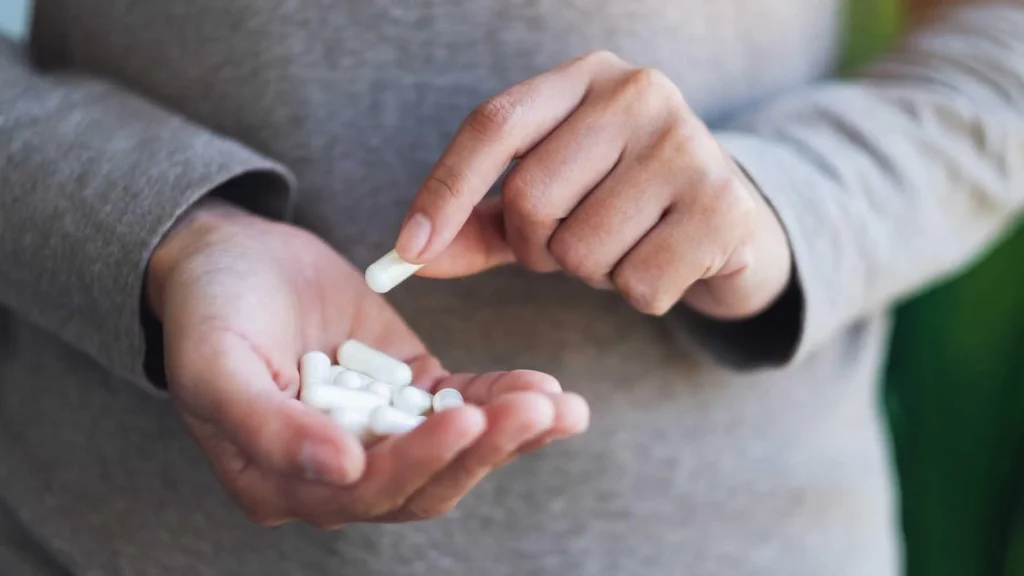
Alpha-lipoic acid (ALA) is known for its antioxidant properties, helping to reduce oxidative stress and inflammation, which are common in diabetes. This supplement can improve insulin sensitivity, making it easier for your body to use glucose. Think of ALA as a shield for your cells, keeping them in top shape. Some studies also suggest that ALA can help relieve symptoms of diabetic neuropathy, a common complication of diabetes.
ALA works by increasing the production of nitric oxide, which helps blood vessels to relax and improve blood flow. This is particularly beneficial for people with diabetes, as it can help prevent cardiovascular complications.
Pro Tip: The typical dose of ALA ranges from 600-1200 mg per day. It’s best taken on an empty stomach for optimal absorption.
3. Chromium – The Blood Sugar Balancer
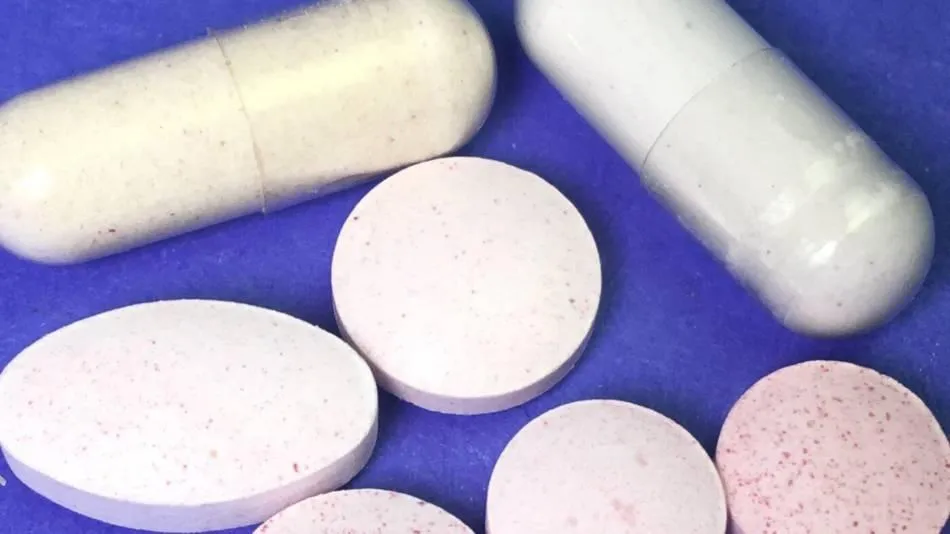
Chromium plays a crucial role in carbohydrate and lipid metabolism. It’s often found in whole grains and broccoli, but many people don’t get enough from their diet alone. Chromium supplements can enhance the action of insulin, making it a vital supplement for those with diabetes. By helping your body to process glucose more efficiently, chromium can contribute to more stable blood sugar levels.
Chromium enhances the effects of insulin and promotes the uptake of glucose into cells. It also helps reduce sugar cravings, which can be a significant challenge for people with diabetes.
Pro Tip: The recommended daily intake of chromium is 200-1000 mcg. Be sure to choose a high-quality supplement, as some forms of chromium are more bioavailable than others.
4. Magnesium – The Muscle and Nerve Supporter
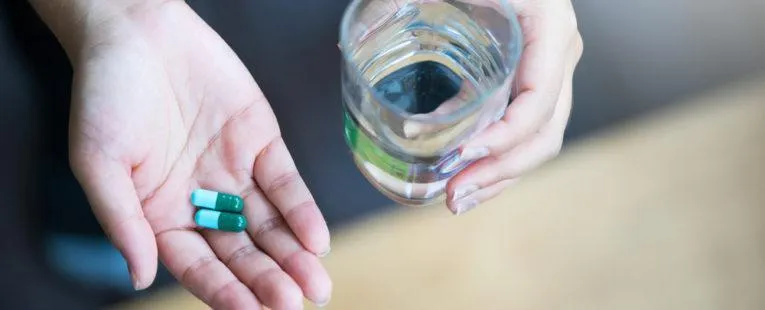
Many people with diabetes are low in magnesium, a mineral essential for over 300 biochemical reactions in the body, including blood glucose control. Low magnesium levels are linked to insulin resistance, so boosting your intake can help improve insulin sensitivity. Foods rich in magnesium include spinach, almonds, and avocados, but supplements can ensure you’re getting enough. Think of magnesium as a key player in your body’s orchestra, keeping everything in harmony.
Magnesium helps regulate blood sugar levels by influencing the activity of insulin and glucose transport. It also plays a role in reducing inflammation and supporting healthy nerve function, which is crucial for preventing complications like neuropathy.
Pro Tip: Aim for a daily intake of 400-420 mg for men and 310-320 mg for women. Magnesium citrate or glycinate are good options for supplements, as they are well-absorbed and gentle on the stomach.
5. Berberine – The Ancient Remedy
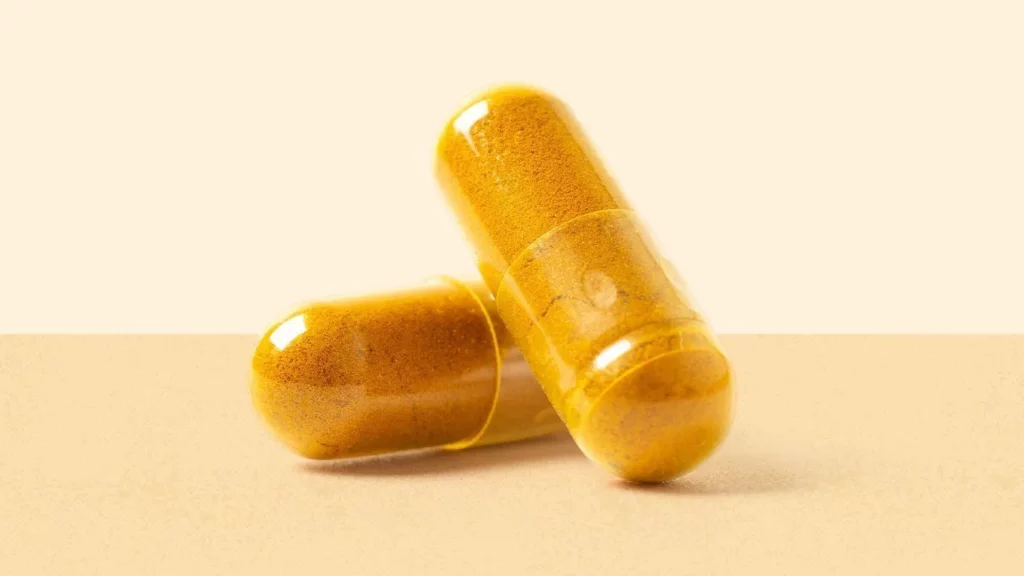
Berberine, used in traditional Chinese medicine, is a powerful supplement that can lower blood sugar levels and improve heart health. It works by increasing insulin sensitivity and decreasing glucose production in the liver. Berberine has been compared to some diabetes medications for its effectiveness. It’s like giving your metabolism a natural boost without the side effects of pharmaceuticals.
Berberine activates an enzyme called AMP-activated protein kinase (AMPK), which plays a crucial role in regulating metabolism and energy balance. This helps improve glucose uptake by cells and reduces the production of glucose in the liver.
Pro Tip: The typical dose of berberine is 500 mg, taken 2-3 times per day before meals. It’s important to start with a lower dose to avoid potential gastrointestinal side effects.
6. Omega-3 Fatty Acids – The Heart Protector

Omega-3 fatty acids, found in fish oil, are excellent for heart health, which is particularly important for those with diabetes. They help reduce inflammation and improve insulin sensitivity. If you don’t eat much fish, omega-3 supplements can be a game-changer in managing diabetes and protecting your heart. Plus, they can also lower triglyceride levels, which is beneficial for overall cardiovascular health.
Omega-3s work by modulating the production of inflammatory compounds and improving the function of the endothelial cells that line blood vessels. This helps reduce the risk of heart disease, a common complication in people with diabetes.
Pro Tip: Aim for at least 500-1000 mg of EPA and DHA (the active components of omega-3s) per day. Look for high-quality fish oil supplements that are free from contaminants like mercury and PCBs.
7. Bitter Melon – The Natural Blood Sugar Controller
Bitter melon may not be the most delicious vegetable, but it’s incredibly effective at lowering blood sugar levels. This traditional remedy is rich in compounds that mimic insulin, helping to bring glucose into cells for energy. If the taste isn’t your thing, bitter melon supplements are available. Including this powerful plant in your regimen can be a natural way to control blood sugar spikes.
Bitter melon contains several bioactive compounds, including charantin, vicine, and polypeptide-p, which have been shown to lower blood sugar levels. It also has antioxidant properties that help protect cells from damage.
Pro Tip: Bitter melon can be consumed as a juice, tea, or in supplement form. If you’re new to bitter melon, start with a small amount to gauge your body’s response.
8. Vitamin D – The Sunshine Vitamin
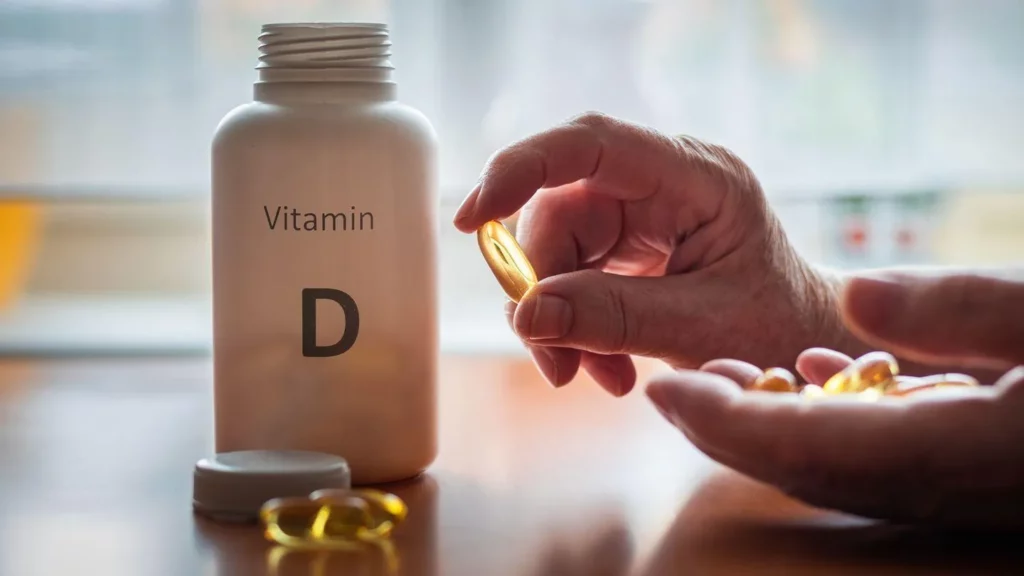
Vitamin D deficiency is common in people with diabetes. This vitamin helps regulate insulin and supports overall immune function. Spending a little time in the sun or taking a vitamin D supplement can help maintain healthy glucose levels. Research suggests that adequate vitamin D levels can reduce the risk of developing type 2 diabetes and improve glucose control in those already diagnosed.
Vitamin D enhances the function of pancreatic beta cells, which produce insulin. It also improves the body’s sensitivity to insulin, making it easier to regulate blood sugar levels.
Pro Tip: Aim for a daily intake of 600-800 IU of vitamin D. If you have limited sun exposure or low levels, your doctor might recommend a higher dose.
9. Fenugreek – The Blood Sugar Stabilizer
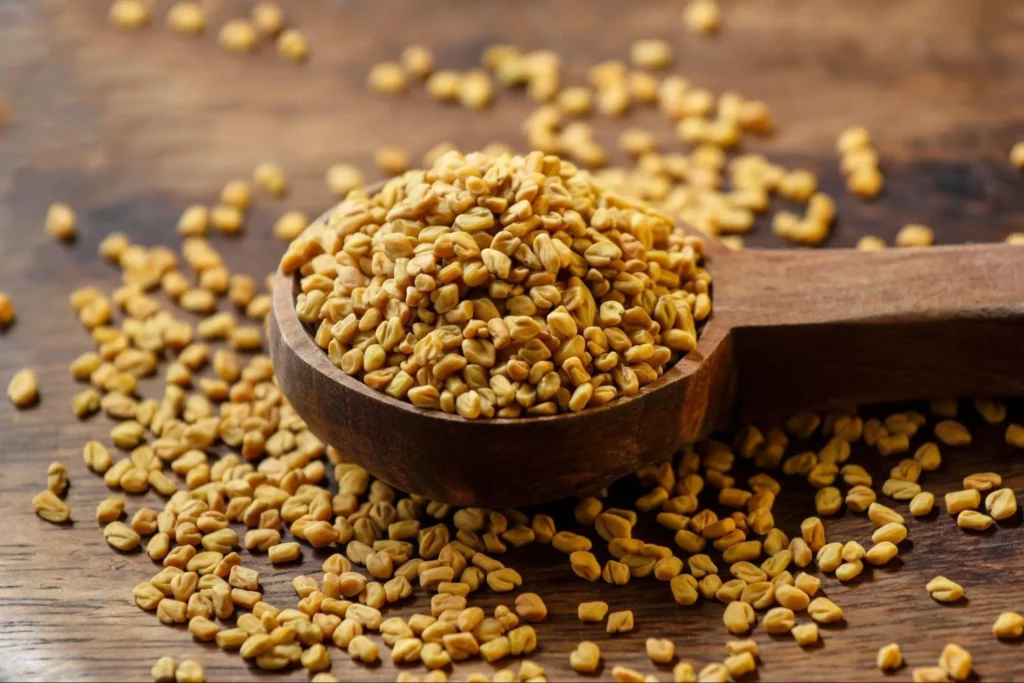
Fenugreek seeds are rich in soluble fiber, which helps manage blood sugar levels by slowing down digestion and absorption of carbohydrates. They can be taken in capsule form or added to meals. This ancient herb is a staple in many traditional diets and can be a great addition to your supplement regimen. Its seeds can also help lower cholesterol levels, providing additional cardiovascular benefits.
Fenugreek works by increasing the amount of insulin released from the pancreas and improving the body’s utilization of glucose. The soluble fiber in fenugreek also helps create a sense of fullness, which can aid in weight management.
Pro Tip: The typical dose of fenugreek is 5-10 grams of seeds per day or 1-2 grams of seed powder. Soak the seeds overnight and consume them in the morning for best results.
10. Probiotics – The Gut Health Enhancer
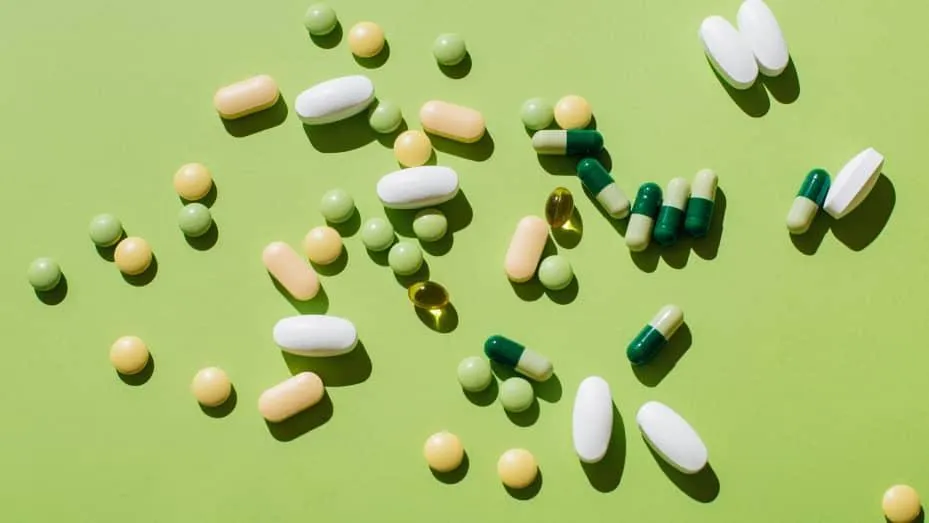
A healthy gut is crucial for overall health and can influence blood sugar levels. Probiotics help maintain a balanced gut microbiome, which can improve insulin sensitivity and reduce inflammation. A daily probiotic supplement can support both your gut and your glucose control. Plus, a healthy gut can improve your mood and overall well-being, making it easier to stick to your diabetes management plan.
Probiotics work by promoting the growth of beneficial bacteria in the gut, which can enhance the absorption of nutrients and the production of short-chain fatty acids that improve insulin sensitivity.
Pro Tip: Look for a probiotic supplement with multiple strains of bacteria and a high CFU count (colony-forming units) to ensure you’re getting a potent dose.
Final Thoughts: Take Charge of Your Health
Managing diabetes is a daily challenge, but the right supplements can make it easier. Remember, always consult with your healthcare provider before adding new supplements to your routine. They can help you determine the right dosages and ensure that the supplements don’t interact with your medications. Empower yourself with these natural aids and take control of your health today! By incorporating these supplements into your daily routine, you’re taking proactive steps towards better diabetes management and a healthier life.
So, which of these supplements are you going to try first? Let us know in the comments below! Your journey to better health starts now.
Sources
At Diabetic Me, we are committed to delivering information that is precise, accurate, and pertinent. Our articles are supported by verified data from research papers, prestigious organizations, academic institutions, and medical associations to guarantee the integrity and relevance of the information we provide. You can learn more about our process and team on the about us page.
Loved this article, especially the bit about Omega-3 Fatty Acids being heart protectors! I’ve always known fish oil was good for health, but never really knew why. It’s super cool that you broke it down for us. But, just curious, would taking supplements have the same effect as getting them directly from fish or seafood??? Also big shout out to Ely Fornoville for shedding light on lesser-known facts like benefits of Bitter Melon. Never even heard of it before now. This is exactly why I follow health blogs – always learning something new.
But aren’t natural sources always better than supplements? I mean, you get other nutrients too, not just Omega-3.
Totally get your point, MarkT! Natural does sound better, was mostly wondering if people not into fish had a good alternative. Gotta dive deeper into this 🤔.